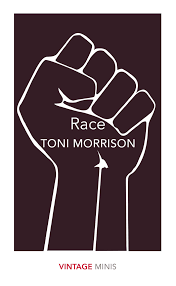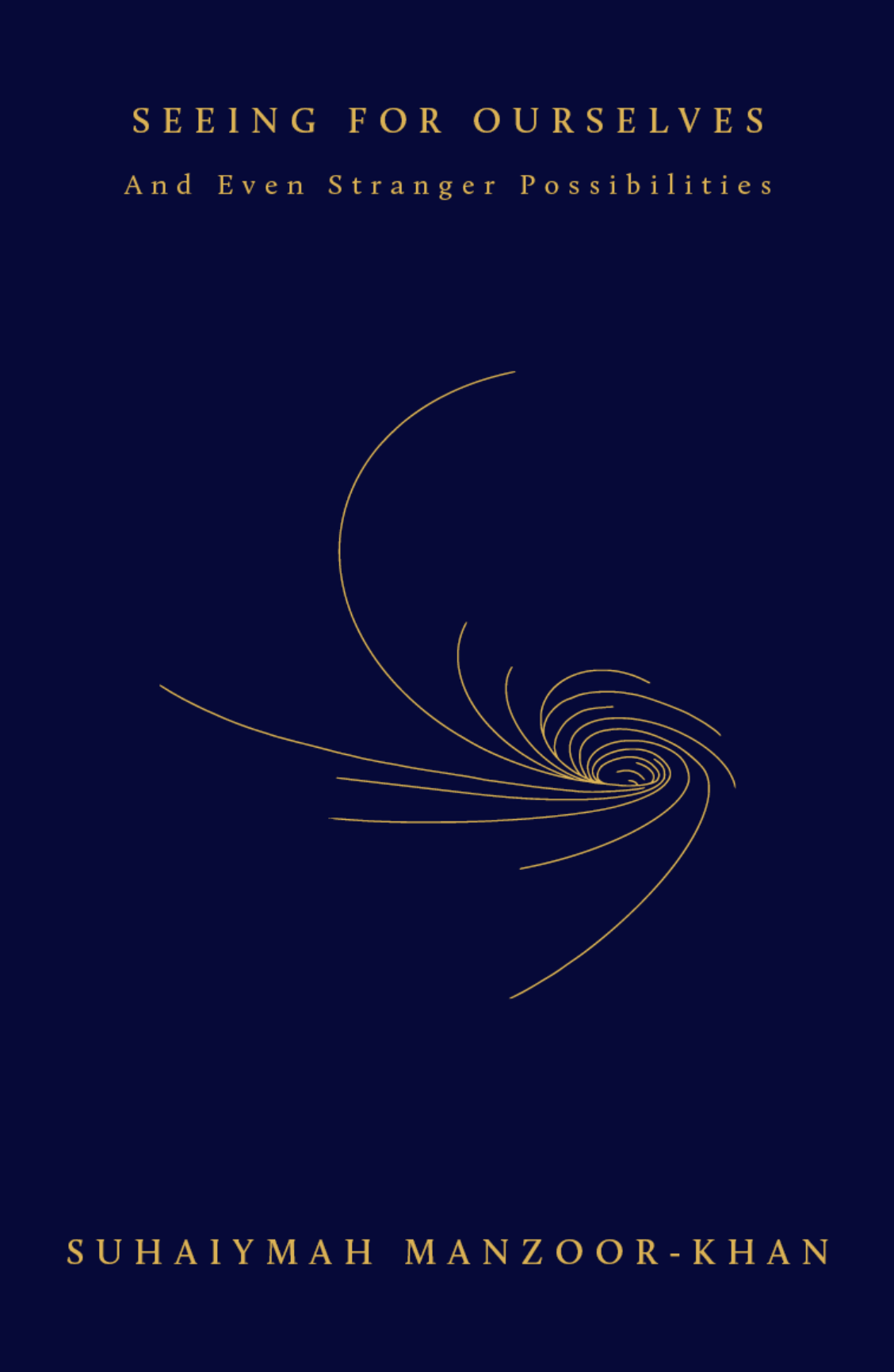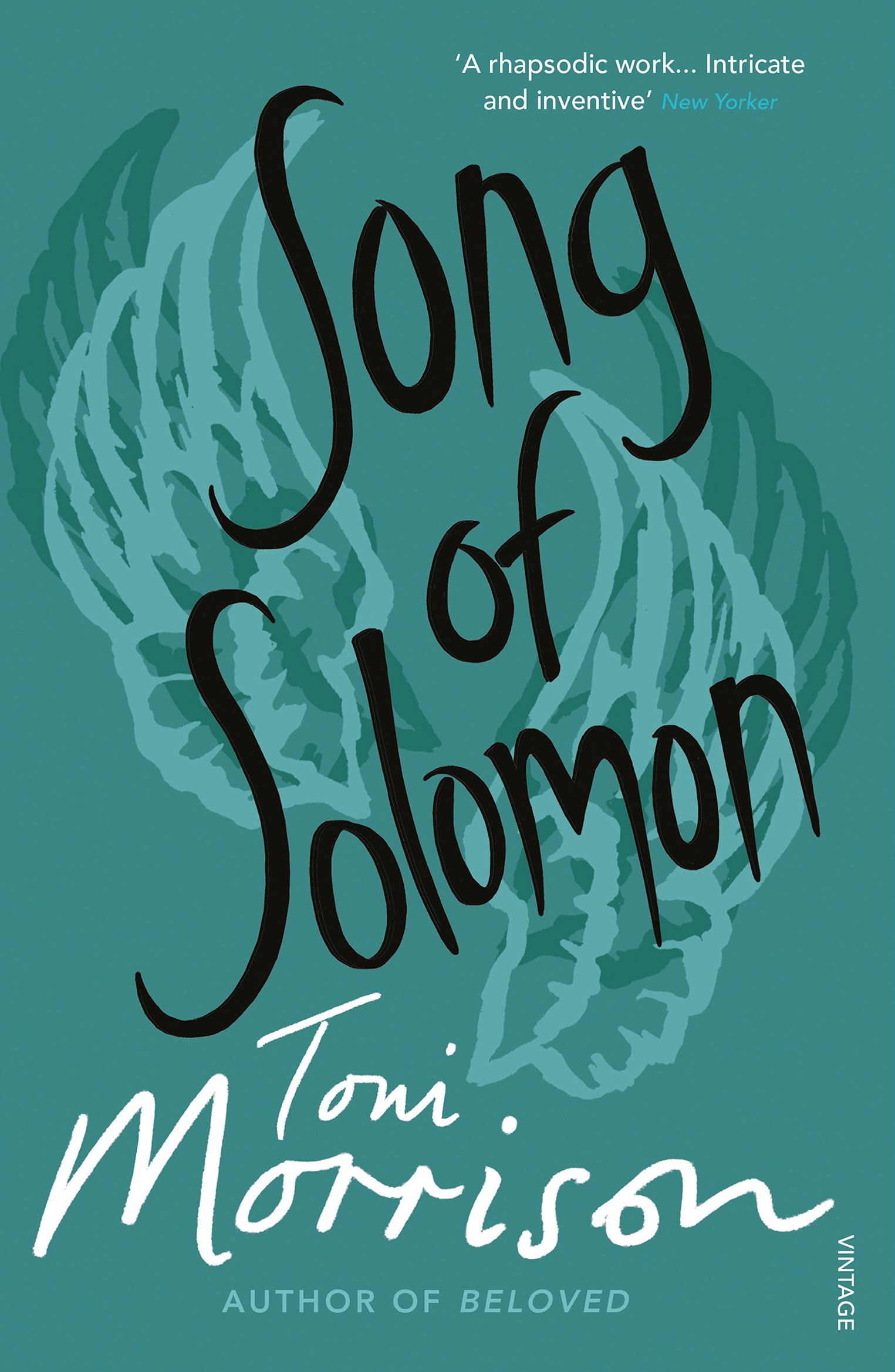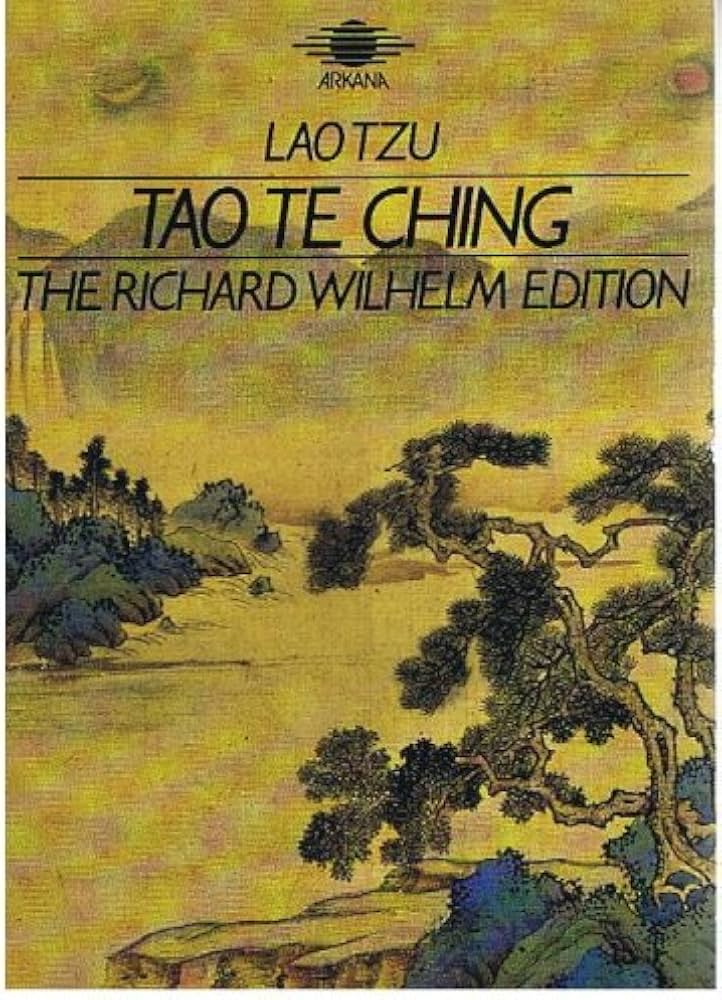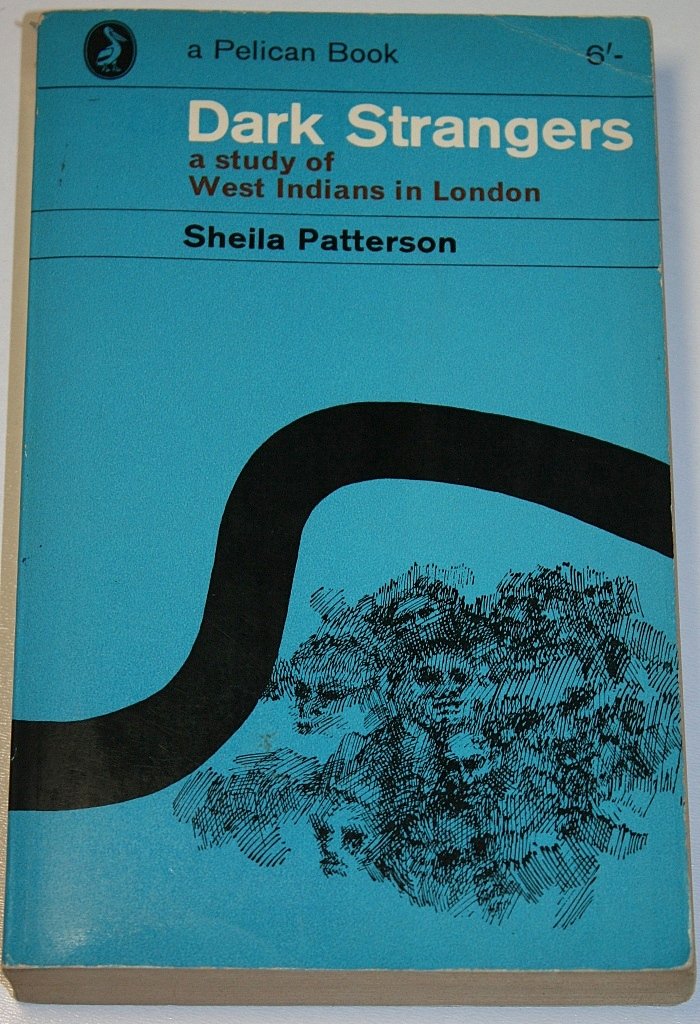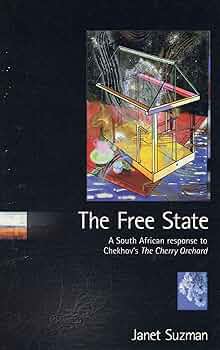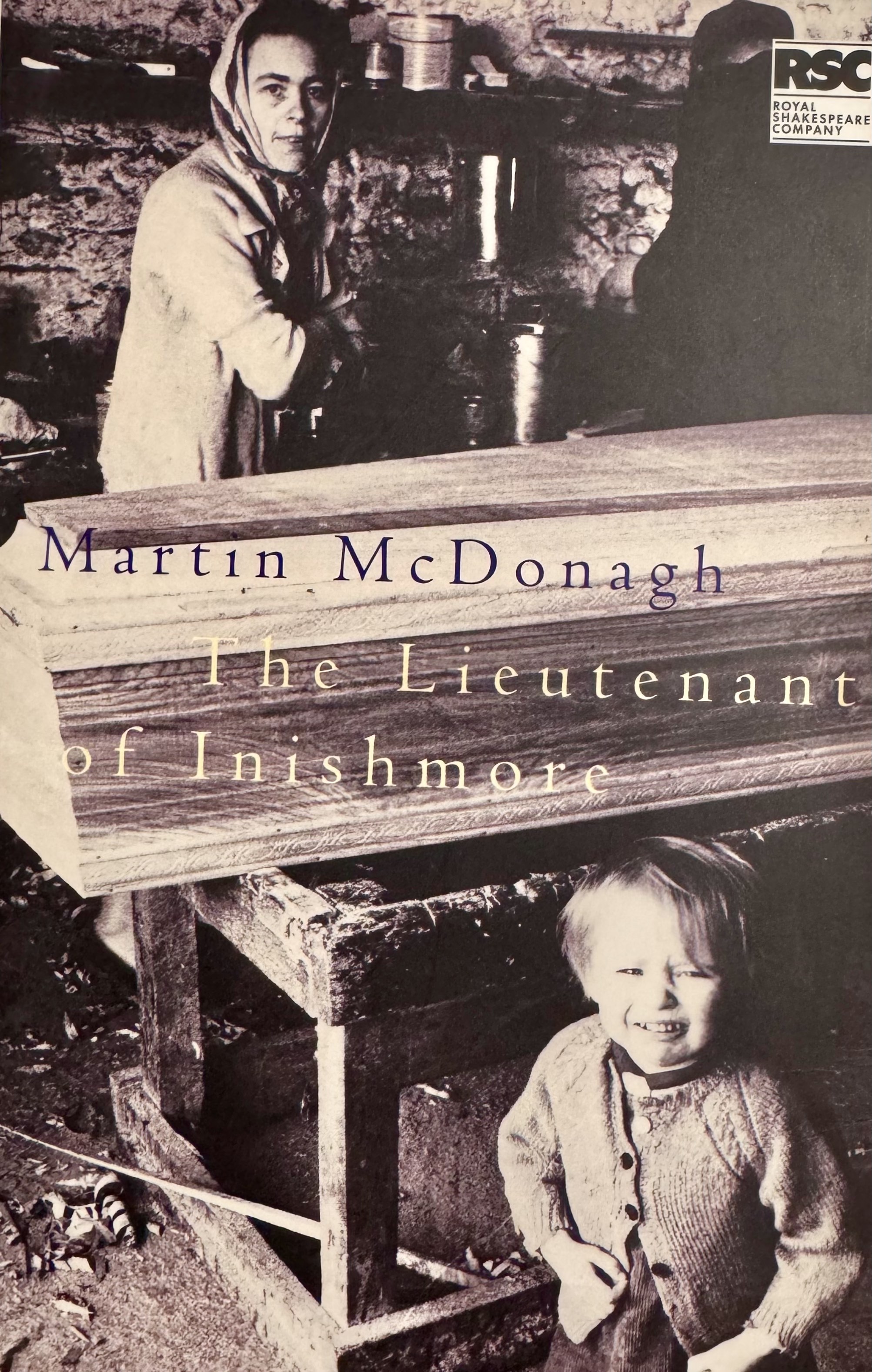Is who we are really only skin deep? In this searing, remonstrative book, Toni Morrison unravels race through the stories of those debased and dehumanised because of it. A young black girl longing for the blue eyes of white baby dolls spirals into inferiority and confusion. A friendship falls apart over a disputed memory. An ex-slave is haunted by a lonely, rebukeful ghost, bent on bringing their past home. Strange and unexpected, yet always stirring, Morrison’s writing on race sinks us deep into the heart and mind of our troubled humanity.
In memoir, vignettes, poetry and essays, Suhaiymah Manzoor-Khan records her observations from the stands at the dizzying circus of being seen and unseen. She surveys the criminalising stadium of civic life, the open-air arenas of family, friendship and grief, the performative pageantry of the public eye and the unclad secrets of the self in solitude, paying attention to what’s on show and what goes undetected. Perhaps the strangest, most exciting possibilities are opened when we surrender to another kind of sight. Submitting to the gaze of the Unseen and the All-Seeing, Manzoor-Khan invites us to close our eyes and discover what it would mean to look with our souls instead.
Lured South by tales of buried treasure, Milkman embarks on an odyssey back home.
As a boy, Milkman was raised beneath the shadow of a status-obsessed father. As a man, he trails in the fiery wake of a friend bent on racial revenge. Now comes Milkman’s chance to uncover his own path. Along the way, he will lose more than he could have ever imagined. Yet in return, he will discover something far more valuable than gold: his past, his true self, his life-long dream of flight.
‘A complex, wonderfully alive and imaginative story’ Daily Telegraph
‘Song of Solomon…profoundly changed my life’ Marlon James
INTRODUCED BY BOOKER PRIZE WINNING AUTHOR MARLON JAMES
**Winner of the PEN/Saul Bellow award for achievement in American fiction**
The Tao Te Ching has served as a personal road map for millions of people. It is said that its words reveal the underlying principles that govern the world in which we live. Holding to the laws of nature--drawing from the essence of what all things are--it offers both a moral compass and an internal balance. A fundamental book of the Taoist, the Tao Te Ching is regarded as a revelation in its own right. For those seeking a better understanding of themselves, it provides a wealth of wisdom and insights.
"Sometimes it is a quiet voice, no more than a whisper. But understanding the whisper, deep rumblings are heard. Because the black man is a giant dam about to burst!" This gripping collection of stories by some of America's best known authors is an echo of that voice.
Few cities have undergone such a radical transformation over the last few decades as Birmingham. Culturally and architecturally, it has been in a state of perpetual flux and regeneration, with new communities moving in, then out, and iconic post-war landmarks making way for brighter-coloured, 21st century flourishes. Much like the city itself, the characters in the stories gathered here are often living through moments of profound change, closing in on a personal or societal turning point, that carries as much threat as it does promise. Set against key moments of history – from Malcolm X’s visit to Smethwick in 1965, to the Handsworth riots two decades later, from the demise of the city’s manufacturing in the 70s and 80s, to the on-going tensions between communities in recent years – these stories celebrate the cultural dynamism that makes this complex, often divided ‘second city’ far more than just the sum of its parts.
The classic, PULITZER PRIZE-winning novel that made Alice Walker a household name.
Set in the deep American South between the wars, THE COLOR PURPLE is the classic tale of Celie, a young black girl born into poverty and segregation. Raped repeatedly by the man she calls 'father', she has two children taken away from her, is separated from her beloved sister Nettie and is trapped into an ugly marriage. But then she meets the glamorous Shug Avery, singer and magic-maker - a woman who has taken charge of her own destiny. Gradually Celie discovers the power and joy of her own spirit, freeing her from her past and reuniting her with those she loves.
The classic, PULITZER PRIZE-winning novel that made Alice Walker a household name.
Set in the deep American South between the wars, THE COLOR PURPLE is the classic tale of Celie, a young black girl born into poverty and segregation. Raped repeatedly by the man she calls 'father', she has two children taken away from her, is separated from her beloved sister Nettie and is trapped into an ugly marriage. But then she meets the glamorous Shug Avery, singer and magic-maker - a woman who has taken charge of her own destiny. Gradually Celie discovers the power and joy of her own spirit, freeing her from her past and reuniting her with those she loves.
'One of the most haunting books you could ever wish to read ... it is stunning - moving, exciting, and wonderful' Lenny Henry
Janet Suzman's contemporary take on Chekhov's The Cherry Orchard, relocated to that part of South Africa known as the eastern Free State, looks at the lives of whites and blacks shifted irrevocably by the winds of political change. It is 1994 and democracy has replaced apartheid. But with new freedoms come new problems of identity and loyalties. Chekhov's enduring themes of change, time and family fidelity take on new resonances in Suzman's adaptation.
The Lieutenant of Inishmore is a black comedy by Martin McDonagh, in which the 'mad' leader of an Irish National Liberation Army splinter group discovers that his cat has been killed. It has been produced twice in the West End and on Broadway, where it received a Tony Award nomination for Best Play. In 2014, The Lieutenant of Inishmore was ranked in The Daily Telegraph as one of the 15 greatest plays ever written.

